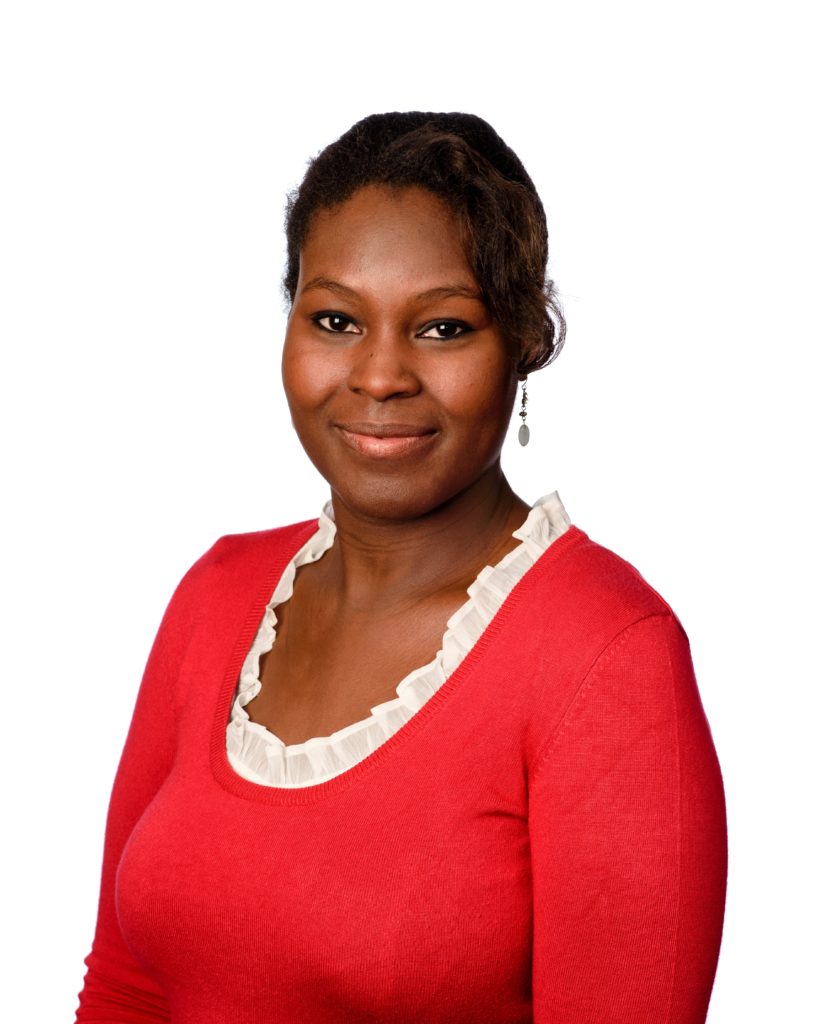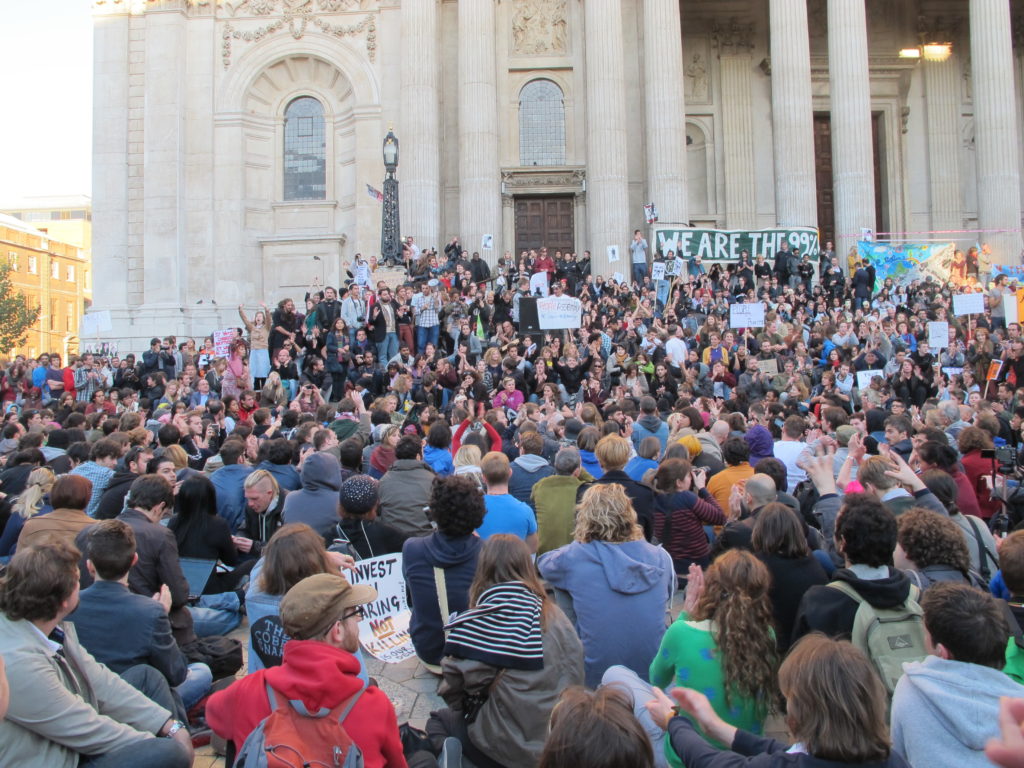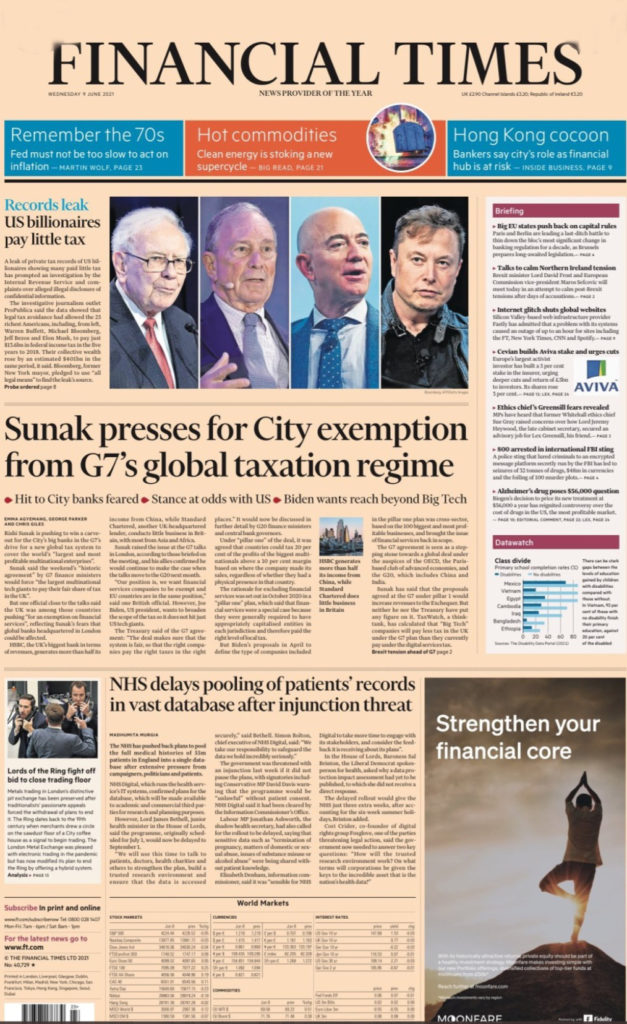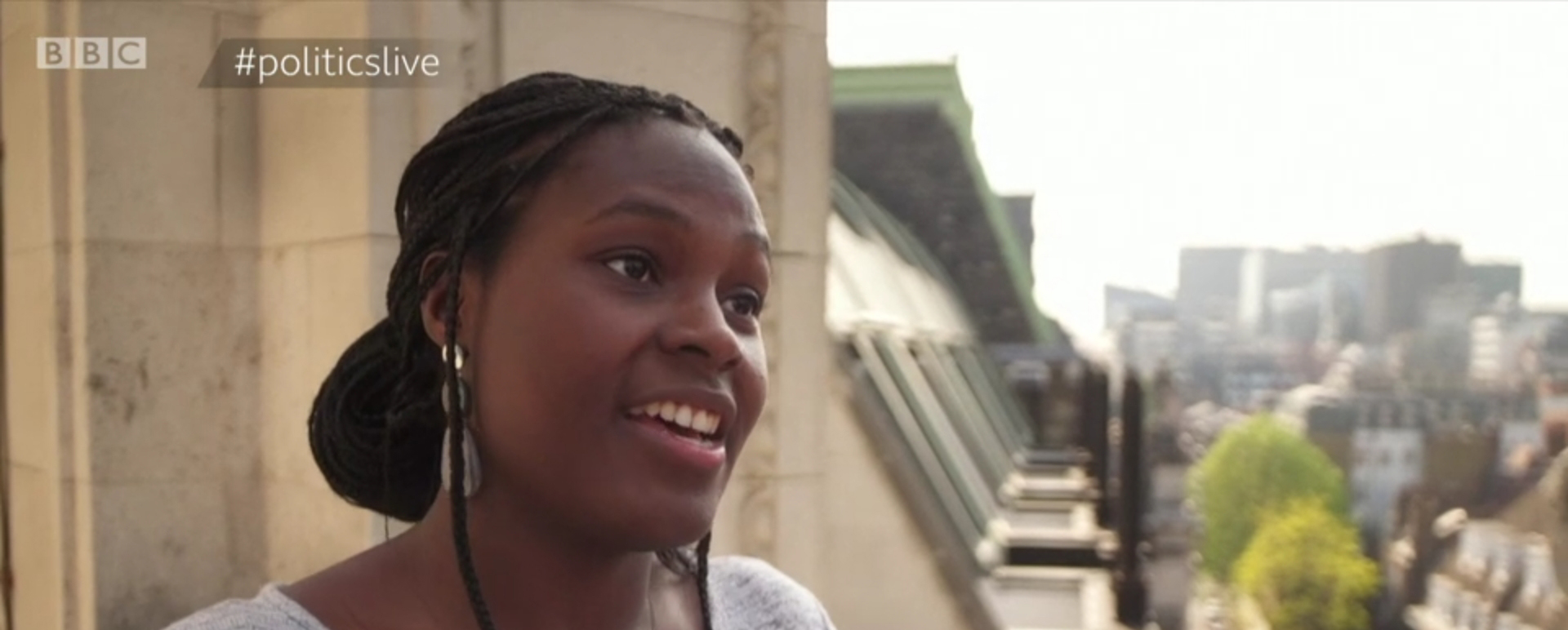Emma Agyemang (2003) is Global Tax Correspondent for the Financial Times. Emma has worked for the FT Group since 2015, but she didn’t always expect to end up in financial journalism. In an interview Emma told us about her unique journey from St John’s to where she is today.
Please tell us a bit about your early career journey.

I studied English Literature at St John’s and always loved writing. But when I left Cambridge I didn’t have any sense of what I wanted to do. I certainly hadn’t thought about journalism.
I decided to consciously experiment, trying out different roles to see what I liked. My first job was in a publishing house. It was a small, family-run business publishing titles like 1001 Crosswords, so it was very different from what I’d been used to. I didn’t enjoy it as much as I hoped and I left after around six months. In fact the company went bust a few months after I left – it was quite a dysfunctional place in many ways!
My next job was at the London Metropolitan Archives. I’m interested in history but the main reason I applied was because it was the only advert I’d seen that asked specifically for an English Literature graduate. The role involved cataloguing the personal papers of a Caribbean couple, Eric and Jessica Huntley, who had come to the UK as part of the Windrush generation.
Eric and Jessica were political activists and involved in community projects such as setting up black supplementary schools, the Black Parents Movement which campaigned against the controversial ‘Sus’ laws, and organising legal defence for black and Asian people. They also set up a radical publishing house so my publishing experience was useful.
I worked on the collection for a couple of years and loved it. However, once I finished, I realised that the other items in the archives were quite different and there weren’t other large political and community collections. After I finished the Huntley collection I decided I didn’t want to be an archivist, but I had enjoyed particular elements of the job.
Is that when you decided to focus more on politics?
Yes, I went on to pursue a Masters in the History of Political Thought at University College London. I was beginning to zone in on politics and people’s stories. After the Master’s I began to take internships in charities and think tanks. My final job before journalism was working for The City of London Corporation policy team. The Corporation manages the square mile and is the oldest political institution in the country, older than parliament. I was Executive Assistant to the Chairman of the policy committee. This was at the time when Occupy had taken over St Paul’s. It was great to be involved with the political space but it didn’t quite feel like a place where I wanted to build my career.

Image credit: Wikimedia Crispin Semmens – Flickr assembly time
By this point I was in my late 20s and I had lots of experience but nothing had really come together. I got career counselling to understand what mattered to me and to find something I could actually stick to. That was a great decision and I decided to pursue a career in journalism as a result. I really liked research, I enjoyed talking to people and I loved writing. I have always found it interesting to make sense of disparate pieces of information and to engage with politics and public affairs.
I did the NCTJ qualification to become a journalist. As part of that you had to find some internships and I did mine at the Investors Chronicle.
Was finance something you’d been interested in before or was that your first experience of it?
That was completely my first experience of it. I’d never considered finance but it was a great opportunity. I wanted to gain experience and knew I could move to a different area of journalism if I didn’t like it. As it turned out, I really enjoyed it. There are so many aspects to it. I found out it wasn’t just writing about markets but also understanding the psychology of investors. It was also quite emotional – people get very passionate about their money.

Investors Chronicle is owned by the Financial Times, which I didn’t know at the time. So I was already part of the FT group as soon as I started interning at the IC. After my professional qualification I stayed at the IC, initially as a freelancer, contributing articles and helping with projects, and then in a permanent role which I stayed in for two and a half years. I was then headhunted by the FT who wanted me to write about personal finance issues. I was writing about tax. Initially I thought that tax sounded a bit boring. But you don’t turn down that kind of opportunity.
Actually, when I started writing I found it really fascinating. Tax is about politics. It’s about who’s winning and who’s losing. It’s about law and personal stories. I ended up writing things I would never have dreamed of writing. One story that I was involved in was about a retrospective tax avoidance scheme where the government changed the law and introduced the ‘loan charge’, meaning that what some people had done 10, 15 or 20 years earlier suddenly became unlawful. Individuals ended up having to pay back lots of money. In some cases hundreds of thousands of pounds. Lots of people suffered and unfortunately some killed themselves. That became a massive story which I was key in breaking.
So, I realised that while it sounds like a very dry, academic subject, tax is actually a really powerful thing which can make or break people.
What’s it like working for the Financial Times? Is there a typical day or do you just go where the story goes?
Definitely the latter. There are some regular meetings with other journalists and editors about stories that we’re looking into or want to investigate further. We discuss whether something is going to work as a story or how we’re going to approach it.
Some days, especially recently with the pandemic, I’m just at my desk. Some days are really quiet, but others are very busy. I spend a lot of time meeting people and attending events. I’m often asked to speak at conferences or moderate panels. I get messages from people by email or on social media about what has happened to them or with tips about potential stories. It’s all about digging to find out more.
Sometimes my day can be quite unusual. I mentioned the story about the retrospective tax ‘loan charge’ and for that I attended a vigil, standing outside HMRC for someone who had unfortunately committed suicide. It’s quite unpredictable what the day will bring. It definitely depends on the story. That’s one of the things that I like about my job, the variety. You don’t know what’s going to happen when you go in to the office in the morning.

